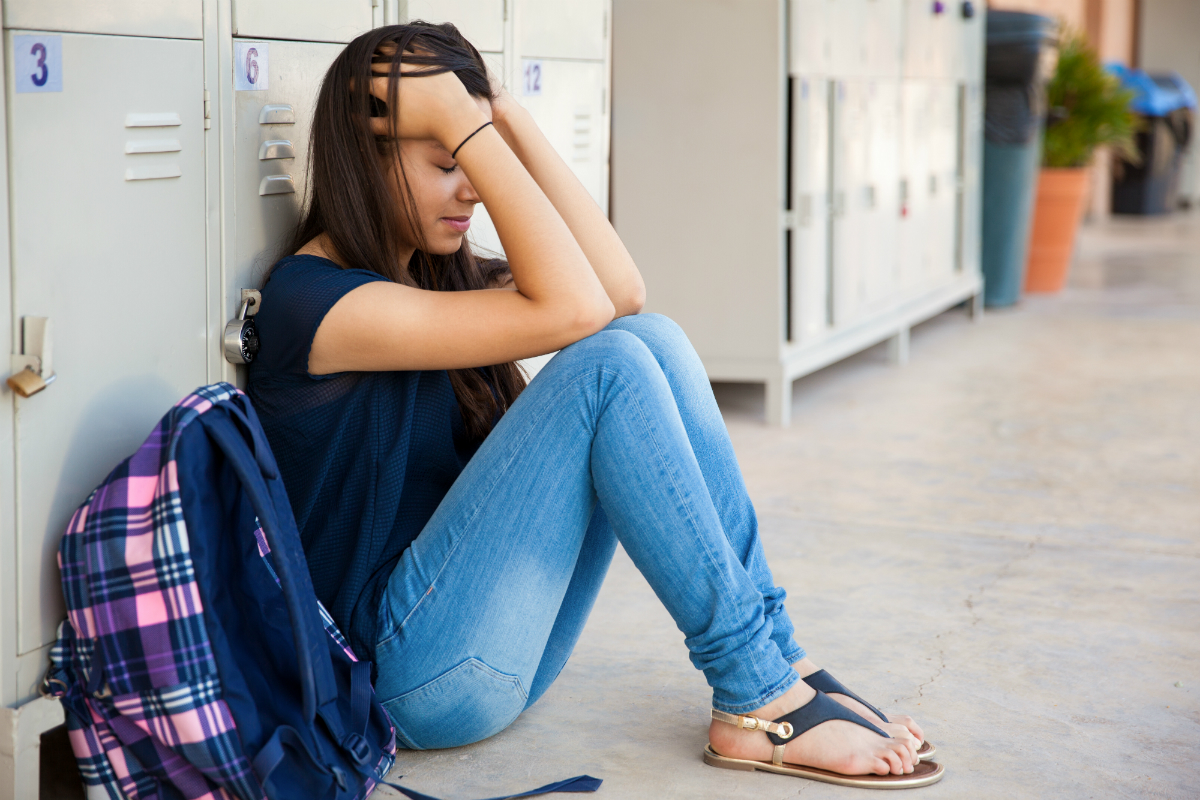The “Summit on Safely Reopening America’s Schools” presented a more measured perspective than a call with governors that preceded it, in which Trump and U.S. Secretary of Education Betsy DeVos pressured state leaders to reopen schools. In audio of the call obtained by The Associated Press, DeVos said, “Ultimately, it’s not a matter of if schools need to open, it’s a matter of how. School must reopen, they must be fully operational. And how that happens is best left to education and community leaders.” In the final segment of the summit featuring President Trump, he said, “We’re going to be putting a lot of pressure on governors to opens schools in the fall.”
Several panels spoke during the event about the need to reopen schools. “We can get back to school. We can do so safely if we all think smart, if we accept our individual responsibility and our collective responsibility to act within a smart framework,” U.S. Secretary of Health and Human Services Alex Azar said, listing three core practices that each person should follow.
“First, social distance,” Azar said, noting that when schools reopen it will be vital that appropriate distance is maintained among children and with staff and faculty. “Second, wear facial coverings when you can’t appropriately social distance, and frankly, in a school setting or anything crowded like going to a grocery store, wear facial covering because you’re not going to be able to ensure social distance in that setting. Third, practice good personal hygiene. I know that’s tough with kids, but it’ll be a good lesson.”
Overall, few solutions on how schools can safely reopen were provided during the event, which included panels of senior administration officials, and state health and education officials. For instance, DeVos posited that schools could hold band practice in outdoor settings to ensure students have fresh air when they return to in-class instruction in the fall. DeVos said that although local circumstances will determine reopening efforts, the expectation from federal officials is that students will be back in the classroom come the start of the 2020–21 academic year.
“When we talk about schools being fully operational and fully functional again in the fall, we can also acknowledge that in some places where there might be a flare up, it might look different for a period of time and that would be OK — we could plan for that,” DeVos said. “But our expectation should be that students can be back together in the fall.”
There was no discussion Tuesday regarding how much, if any, additional federal funding would be provided to districts to help cover the cost of deep sanitization in schools, the acquisition of personal protective equipment, or other costly steps administrators will need to take to realistically keep campuses safe for students and staff.
Among the most common topics was the need for schools to address the social-emotional needs of students, and especially young children who are in critical stages of their development.
Both American Academy of Pediatrics President Sally Goza and Elinore McCance-Katz, assistant secretary for Mental Health and Substance Use, said that the closures of schools and business has caused challenges for adults, but that the effects have likely been far greater in children who are net yet equipped with the emotional skills to identify or handle their feelings.
“Never has it been more critical to protect and promote mental health,” McCance-Katz said. “Think about the effects of these past three months on yourselves as adults — it caused all of us great fear, anxiety, stress, disruption to our routines, frustration and often confusion. And we’re adults with coping skills and tools to address these reactions. How are our children supposed to do this?”
McCance-Katz said that schools play an integral role in the healthy growth and development of children because they are where they interact with other children their age, learn how to share, how to play with others, how to deal with conflicts, how to negotiate and how to persevere during difficult social situations.
“These lessons cannot be taught online,” she said. “We must return our children back to the environments in which they thrive.”





